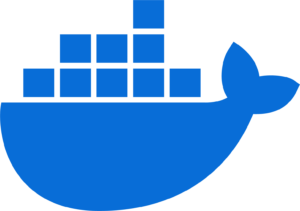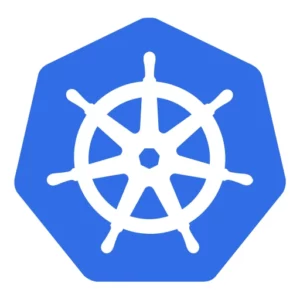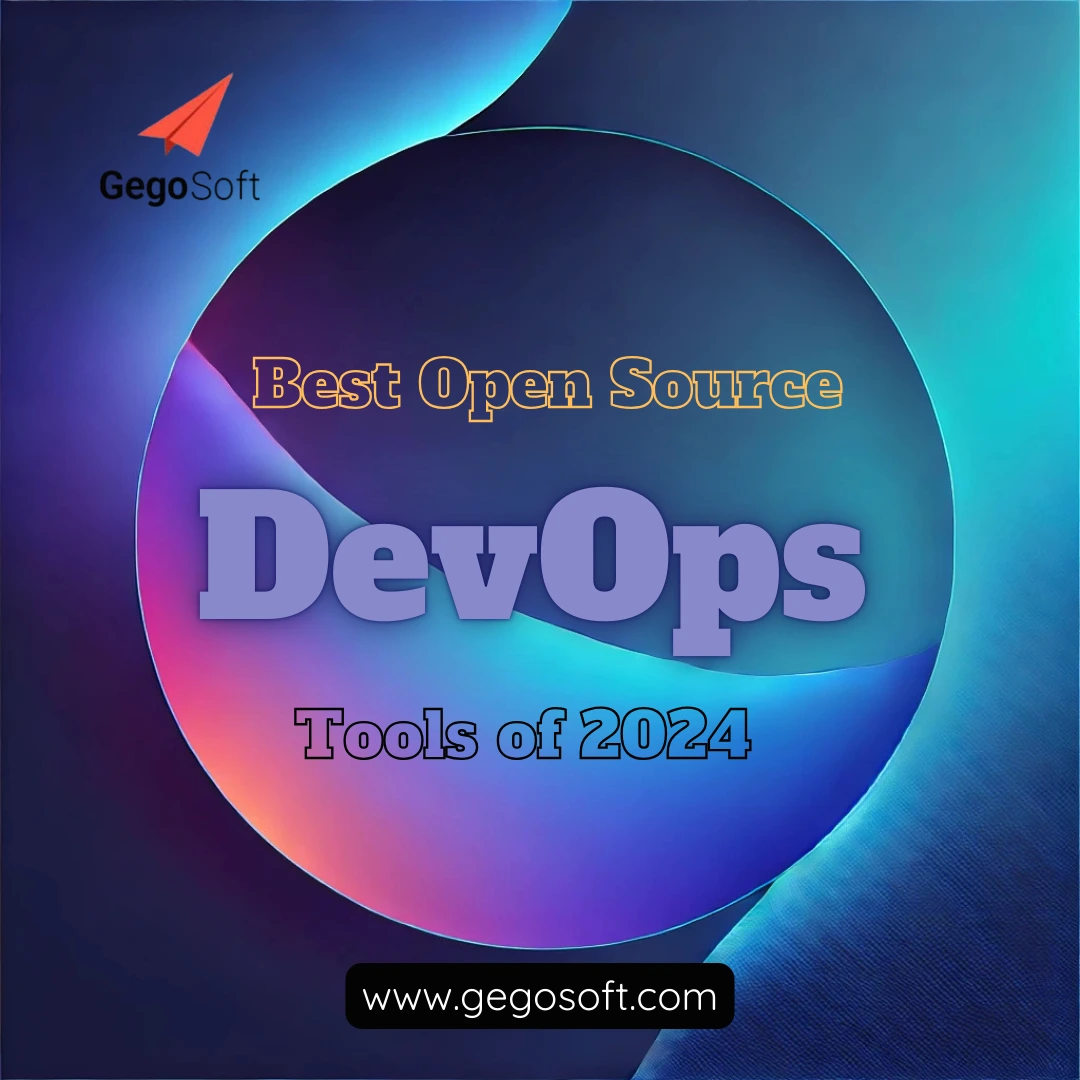In the ever-evolving tech landscape, DevOps has become the backbone of agile development and operations. Open source tools play a vital role in enabling businesses to automate workflows, ensure system reliability, and achieve continuous delivery. In this blog, we’ll dive into the best open source DevOps tools of 2024 and explore the challenges they face as they prepare for the demands of 2025.
1. Jenkins

Why It Shines
With over 21k GitHub stars, Jenkins remains the go-to tool for Continuous Integration/Continuous Deployment (CI/CD). Its extensive plugin library, community support, and versatility make it a cornerstone of DevOps workflows. one of the best Open Source DevOps Tools of 2024.
Challenges Ahead
- Modernization: Competing with newer tools like GitHub Actions, Jenkins must simplify its interface and improve usability.
- Scalability: Managing performance with larger pipelines and distributed environments is a growing concern.
- Security: Strengthening plugin security and addressing vulnerabilities in the ecosystem are critical.
2. Docker

Why It Shines
Docker, with over 66k GitHub stars, revolutionized containerization by simplifying the development and deployment of applications. Its lightweight containers have become a DevOps staple, enabling consistent environments across development, testing, and production.
Challenges Ahead
- Kubernetes Dominance: Docker Swarm has taken a back seat as Kubernetes becomes the industry standard for orchestration.
- Resource Management: Containers require optimization for resource-heavy applications to avoid bloated infrastructure.
- Integration Complexity: Simplifying integration with other tools in hybrid and multi-cloud environments is essential.
3. Kubernetes

Why It Shines
With 99k+ GitHub stars, Kubernetes is the leading orchestration platform for managing containers at scale. It provides features like automated deployment, scaling, and management, making it indispensable for cloud-native applications.
Challenges Ahead
- Learning Curve: Kubernetes’ complexity can be daunting for teams without specialized knowledge, slowing adoption.
- Security Concerns: Ensuring secure configurations and preventing misconfigurations in sprawling clusters is a challenge.
- Cost Efficiency: Simplifying resource allocation and management in multi-cloud environments to avoid overspending will be key.
4. Terraform

Why It Shines
Terraform, with over 39k GitHub stars, is the leader in Infrastructure as Code (IaC). It allows teams to provision and manage cloud resources declaratively, making it easier to standardize infrastructure across teams.
Challenges Ahead
- Drift Management: Keeping track of infrastructure state changes outside Terraform’s scope remains a pain point.
- Multi-Cloud Strategies: Simplifying the configuration for hybrid and multi-cloud deployments will help Terraform stay ahead.
- Security Automation: Automating the detection and resolution of security misconfigurations in IaC is an area for growth.
5. Prometheus

Why It Shines
With 50k+ GitHub stars, Prometheus is the leading open source tool for monitoring and alerting. Its robust querying language, PromQL, and seamless integration with Grafana make it ideal for cloud-native applications.
Challenges Ahead
- Scaling Data Collection: As applications grow, Prometheus must handle increased metrics volume and retain long-term data efficiently.
- Alert Management: Simplifying alert rules and reducing noise in complex systems will improve usability.
- Multi-Cluster Monitoring: Enhanced support for monitoring across Kubernetes clusters is crucial for large deployments.
Challenges and Opportunities Toward 2025
- Scalability in Complex Environments:
DevOps tools must evolve to handle larger, more distributed systems with greater efficiency, especially in multi-cloud and hybrid environments. - Security and Compliance:
As cyber threats rise and compliance standards tighten, integrating robust security measures directly into DevOps pipelines is non-negotiable. - AI and Machine Learning Integration:
Leveraging AI to analyze logs, predict outages, and optimize workflows will redefine how DevOps teams operate. - Simplification and Usability:
Tools like Kubernetes and Jenkins need to focus on reducing the steep learning curves that limit adoption among smaller teams and startups. - Cost Optimization:
As infrastructure costs soar, open source tools must provide better visibility and control over resource usage to help organizations stay within budget.
Final Thoughts
Open Source DevOps Tools of 2024 like Jenkins, Docker, Kubernetes, Terraform, and Prometheus empower teams to automate, scale, and optimize their workflows. However, as we approach 2025, the challenges of security, scalability, and usability will become even more pronounced. By addressing these issues head-on, these tools can continue to lead the DevOps revolution, driving innovation and efficiency in the software development lifecycle. Whether you’re a seasoned DevOps engineer or a developer integrating DevOps practices for the first time, these tools are your foundation for success.
Useful Open Source Tools: Top 5 JavaScript Frameworks in 2024, Top 5 JavaScript Testing Frameworks in 2024, Top 5 CSS UI Kits in 2024, Top PHP Frameworks in 2024, Top 5 Open-Source PHP CMS Platforms in 2024,Top 5 Open Source Cybersecurity Tools in 2024,Best Open Source AI Frameworks in 2024, Top 5 Open Source E-Commerce Platforms in 2024

